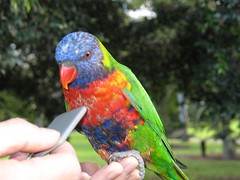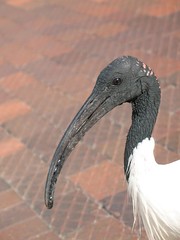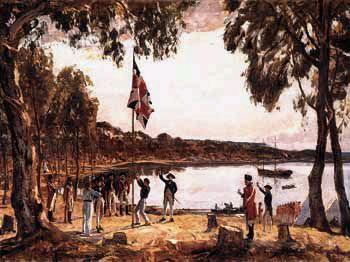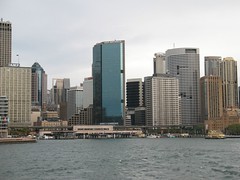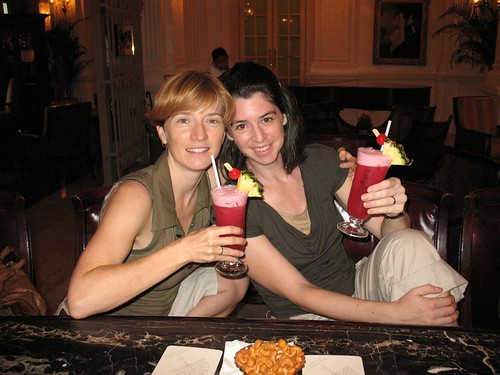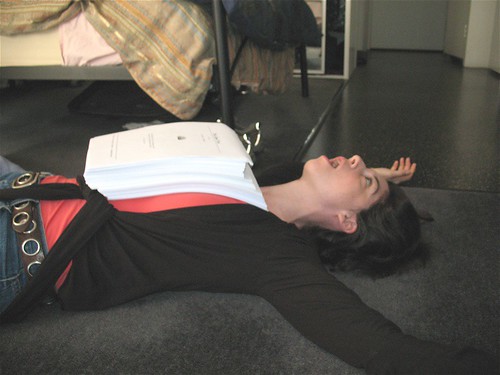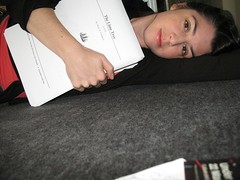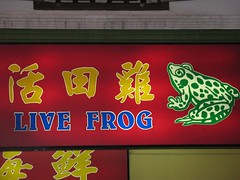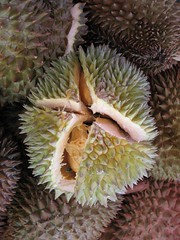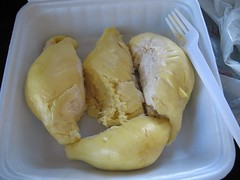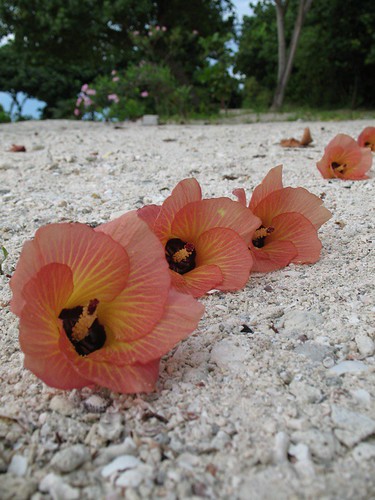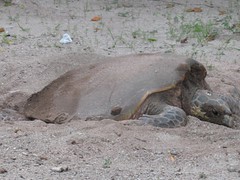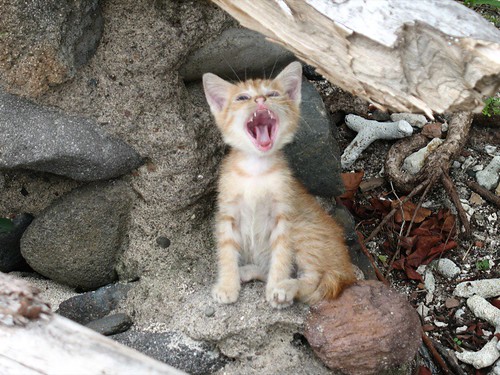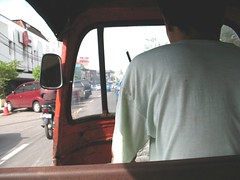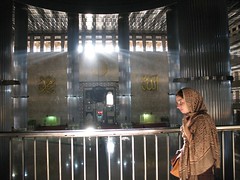Spelling Birds

In my first week, I thought I'd start off simple.
With a sort of writing exercise.
I'd just read a book by Australian author Kate Grenville, The Idea of Perfection, in which she'd spelled out birdsong as the characters heard them. She did it a lot. Too-wee! or Weet! Weet! Weet! Things like this. A simple enough device. It gives some sensory depth to a scene. For the rare birder in the audience, it might ever offer some particular delight in recognizing a call.
Now I don't know if I'll actually do this in my own book or not, but either way, as I was going through my day, I decided to pay particular attention to local birdsong & take phonetic dictation for whatever the birds said. Just as Grenville did. Phonetic spellings. I carry a little notebook with me wherever I go for just such endeavors. Then, at least, I'd have a list of such details should I wish to use them.
So I step outside into the bright winter sun, the sky a clear blue above, & listen. Nothing. Mild traffic sounds. A breeze through the sycamore. I start to walk.
Pretty soon I come to a stand of gum trees along the road & there in the highest branches are a half dozen rainbow lorikeets. Beautiful, manic bird, who love to hang upside-down & swing about. Whistling.
I pull out my pen...but I'm not sure how to spell this. In fact, I can't spell whistles. Sometimes lorikeets make spellable sounds. They go: Bleep! They go: Wheet! But right now, they're just whistling. More, they're all whistling their own individual tune at once, very rapidly up & down their high scale. So rapidly that, even if I were to spell it out, the rate at which you'd be able to read the phonemes on the page would be far too slow to be accurate. It would just be annoying.
Okay, so that was too hard. I would come back to them. I moved on.
It was the 190th anniversary of the Hyde Park Barracks. The museum had brought in a bunch of re-creationists in costume to celebrate. They'd set up booths demonstrating period crafts & tortures in the courtyard. I spent a long time with an enthusiastic "18th century" surgeon in his leather apron demonstrating surgeries. He let me rummage through his medicine trunk. I picked out a leaden glass jar of mercury--supernaturally silver & too heavy--which we once put by drops under our tongues & smeared in salves on our tricky bits to treat venereal disease. These were the days before anesthetic. He told me about a nearly spiritual rapport between surgeon & patient that some period doctors termed
"The Rights of Pain." He handed me a bone saw & directed me to 'cut off' a volunteer's leg. Be swift, he advised. Be pitiless to his screams. For the sake of your patient: swift & pitiless.
But more on that later. Right now, I'm trying to spell the birds.
Outside the barracks, a crew of red-coated marines were going through drills for a crowd. From a 'cell' on the second story, I opened a window just in time to hear them shoot a volley with muskets. Big blue plumes of smoke for every shot. At the first shot: a big flock of white cockatoo exploded from a tree & made a low pass over the courtyard....strafing the ground with their calls. People actually ducked. They sounded like Godzilla.
Exactly like mini Godzillas. Deafening, raucous, chord-splitting cries with a little yodel underneath. Can you spell that? I can't spell that. Any attempt would only be foolish.
Sometimes cockatoo say: WRECK! With a broken, rough voice & drawing out the short "e". They say it loudly & often enough that sailors must have hated them as bad luck. Wreck! Wreck! But this time, at the barracks, a flock of cockatoos' full-throated cries maybe sounded like Tarzan's call combine with a caught-chicken. But I can't make those comparisons, of course, because neither Godzilla nor Tarzan were around in the 18th century.
I had nothing.
Okay, so I went to the botanical gardens. The big white ibis, with its unmoisterized naked head & a long, down-curving beak that's tempting to grab hold of when the cheeky buggers walk up hoping you'll feed them---they say nothing. Or, they held their peace for me. Also, they weren't here in 1790. Neither were the 9 thousand flying fox killing trees in the Domain, who can sound like 9 thousand squabbling siblings up there, all poking & objecting & calling for mom's justice. But again: they weren't there. And I can't spell that sound either.
On a tour of the flora, I met an intentionally homeless man, a red-haired rogue sort calling himself Damien, who claimed to be studying 'revelation through hardship.' I buy this guy lunch because he sounds interesting & we talk (about his) cosmology for an hour or so. He believes in a circular, endless reincarnation, beginning with dirt, & has a theory about men & women's souls. He's writing a book, he says, called "Damien Challenges Satan". He's just spent a month at a Buddhist ashram in the hills & lets the crows eat our crumbs when we're through in a gesture of Love to All Creatures.
While we're talking, a man with a green parrot on his shoulder stops to look at the silent ibis at our ankles. We look up at the man with the green parrot & say hi. The green parrot looks right at me & says, "Hello!"
Ha! Where's my pen & notepad? H-E-L-L-O!
I can spell THAT. Fantastic. That's one!
All day, the only one I could really spell were the crows. I don't know where Kate Grenville was hanging out, but the birds there clearly speak a different dialect. Or, maybe I'm simply not a good enough speller. (I've always been tragically ungifted at spelling bees. Only makes sense that I seem no better at spelling birds.)
The crows, the sycamores' carnivorous whiners, sound like nasal, nauseous toddlers bawling by themselves, as if without hope for relief: Owww. Bah. Engh. Bau.
A flock of kookaburra--aka The Laughing Jackass bird--can sound just about exactly like monkeys. The stereotype of monkeys: oo! oo! oo! ah! ah! ah! But when they all go together, the group energy of it ramps up & up just like a band of monkeys working themselves up to make a raid, a crowd about to turn mob, until I start to look around thinking maybe I should find shelter. Then the wave of it crests & falls & there's just this one bird: laughing at me for the thought.
The truth is, there's almost nothing here in Sydney that's the same as it was in 1790, though it's been fun trying to read between the lines of the present day. I went to an art exhibit of early landscape paintings made in the earliest years of the colony. "Visions 1788" it was called. When I'm researching fiction, there's something much more satisfying about finding my source images in paintings, rather than in photographs, the latter being somehow too blatant & close. What's left is only available to imagination.
Similarly, there's something wonderful in realizing that the only authentic, unaltered voices that are still around from that period in history are the BIRDS.
